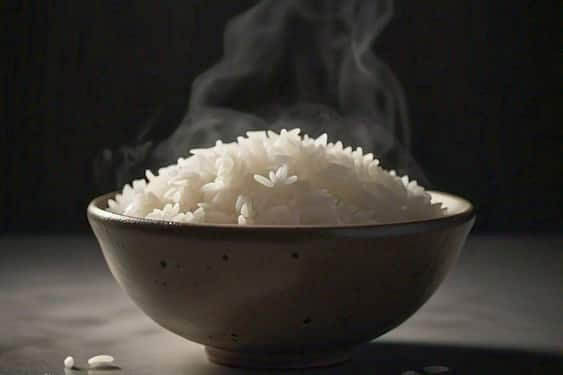10 Surprising Benefits Of Including Rice In Your Diet
Rice, a staple in many diets worldwide, offers several significant benefits due to its nutritional profile. As a primary source of carbohydrates, rice provides a quick and efficient energy boost, essential for daily activities and overall vitality. Additionally, its low fat content and versatility make it a valuable component of a balanced diet, contributing to heart health and accommodating a wide range of culinary preferences. With its affordability and accessibility, rice remains a convenient and nutritious choice for many people around the world.

Rice is a staple food in many cultures and offers several benefits due to its nutritional properties. Here are some key benefits of incorporating rice into your diet:
1. Energy Boost:
Rice is a rich source of carbohydrates, which are the body's primary energy source. It provides a quick and easily digestible form of energy, making it an excellent choice for fueling physical activity.
2. Nutrient-Rich:
Depending on the type, rice can provide essential nutrients. For example, brown rice and other whole-grain varieties are high in fiber, vitamins, and minerals, including B vitamins, iron, and magnesium.
3. Supports Digestive Health:
Brown rice and other whole-grain varieties are rich in dietary fiber, which promotes healthy digestion, helps prevent constipation, and supports a healthy gut microbiome.
4. Gluten-Free:
Rice is naturally gluten-free, making it an ideal food for individuals with celiac disease or gluten sensitivity.
5. Low in Fat:
Rice is naturally low in fat, which can be beneficial for maintaining a healthy weight and reducing the risk of heart disease.
6. Versatile and Easy to Prepare:
Rice can be easily incorporated into a wide variety of dishes and cuisines. Its versatility allows it to be used as a base for meals or as a side dish, making it a convenient and adaptable ingredient.
7. Supports Heart Health:
Whole-grain varieties of rice, such as brown rice, contain antioxidants and phytonutrients that may contribute to heart health by reducing cholesterol levels and improving blood circulation.
8. Good Source of Essential Amino Acids:
Rice, particularly when combined with other plant-based proteins like beans or lentils, provides essential amino acids necessary for muscle repair and overall bodily functions.
9. Hydration:
Rice has a high water content when cooked, which can contribute to overall hydration and help maintain fluid balance in the body.
10. Affordable and Accessible:
Rice is widely available and generally affordable, making it a cost-effective staple that can be included in many diets.
Incorporating rice into a balanced diet can offer energy, essential nutrients, and versatility, while also accommodating dietary restrictions and preferences.
